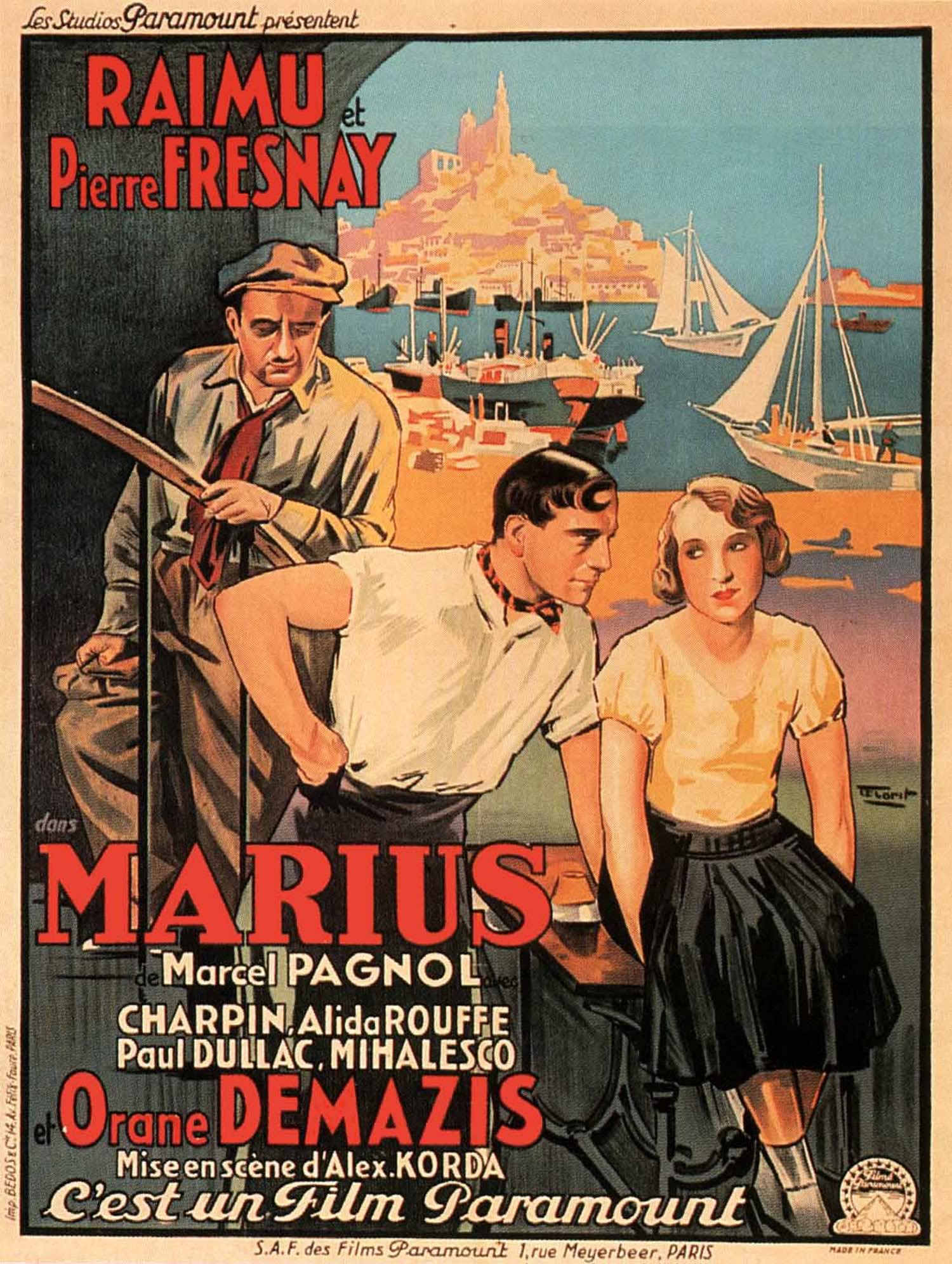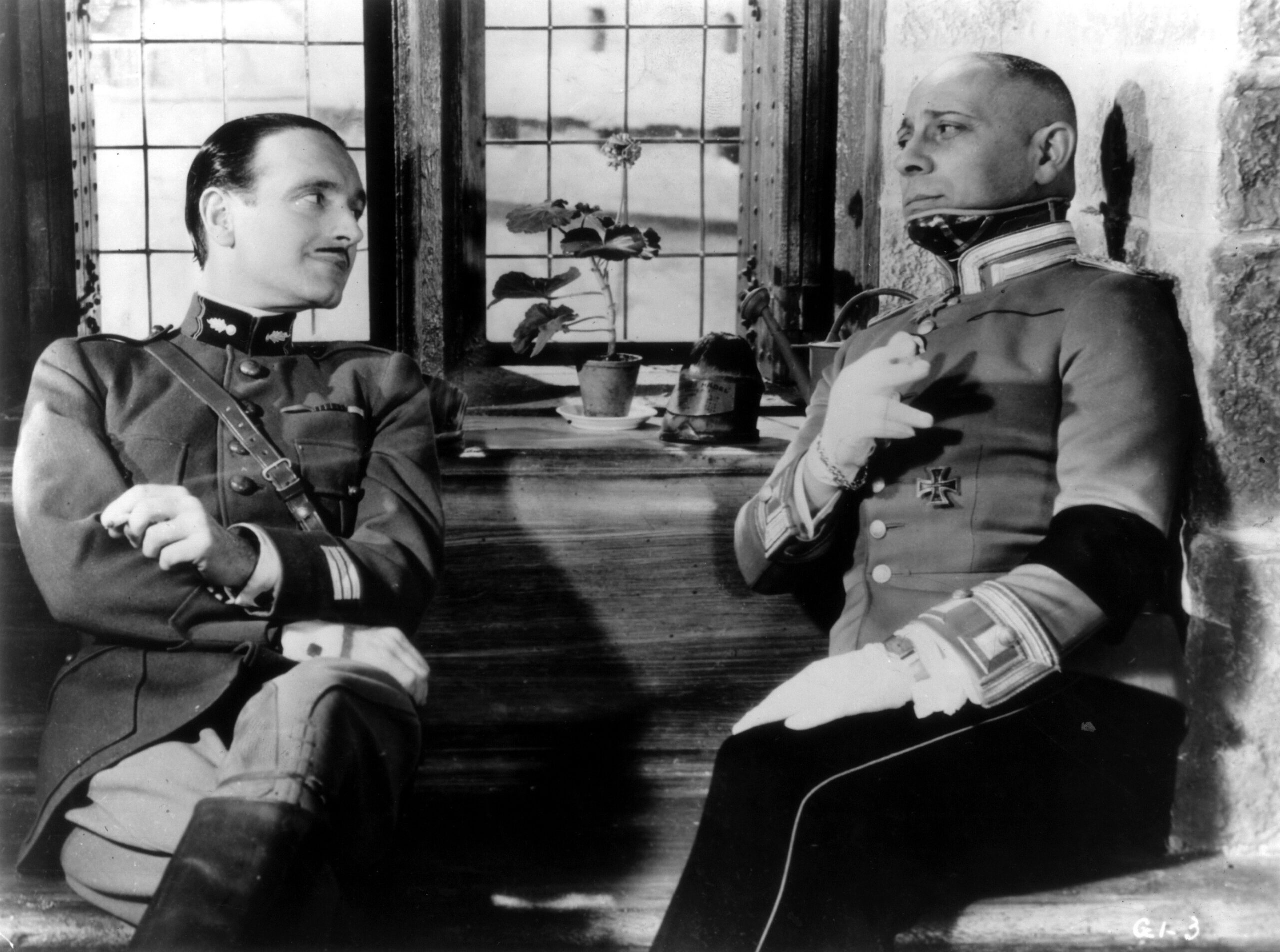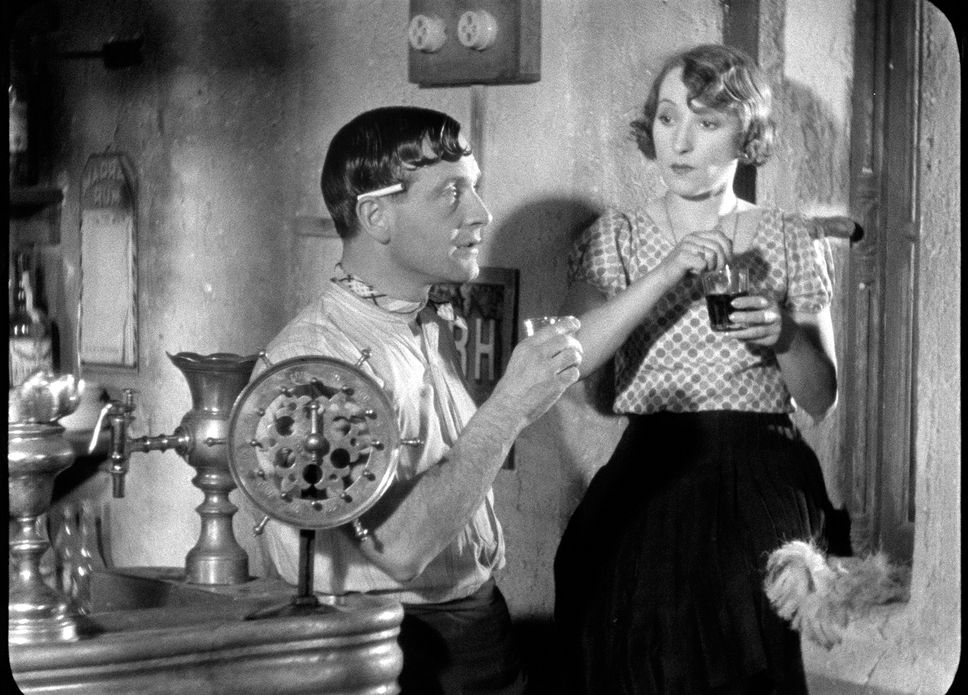
Lucien Callamand
Birthdate – April 1, 1888 (136 Years Old)
Birthplace – Marseille, Bouches-du-Rhône, France
Although present on the screens, large and small, and on the stages of casinos, music halls and theaters for six decades, Lucien Callamand (1888-1968) did not leave a very striking memory in the collective memory. With a few exceptions, he did not stand out either for his eccentricity (like Le Vigan or Jules Berry) or for his pathetic side (he did not live through tragic love affairs and did not always die at the end like the Gabin of the 1930s). The same goes for his laughing side, even if in the 1910s and 1920s he did play the title role in the comedy series “Agénor”). With the coming of talkies and as he grew older, Callamand was in fact increasingly distributed in the roles of petty bourgeois – not very glorious but taking themselves seriously. Rarely a prole (like Carette) or a grand bourgeois (like Francen), even less an aristocrat (like Paul Bernard), he perfectly embodied these little people that the social elevator have hoisted halfway up the floor of the chosen. With his bald forehead, his long face (curiously fatter for a time in the early 1930s), often with a mustache and glasses, with his slightly stiff silhouette almost invariably buttoned up in a three-piece suit and tie, he was ideal for playing these people whose austere appearance is a make-believe of seriousness and a tool for exercising their power (the examiner of “L’Ecole buissonnière”, the notary of “L’Etrange désir de M. Bard”, the school principal of the “Cas du Docteur Laurent”, and many others). The characters he played could be unpleasant (Monsieur Pipelet in “Les Mystères de Paris”) and sneaky but he was not of the caliber of arch villains, witness “La Femme à l’orchidée”, where his magnetism was insufficient to terrorize the viewer. Still to illustrate his definite lack of character, let us also note that although he was born and died in the South of France, he did not have the southern accent nor the southern manners that made Raimu and Fernandel famous. If he did regularly work in the studios of Marseille and Nice, he appeared only in very few typically southern comedies or dramas. What’s more, even when he worked for Marcel Pagnol, he played a ferry captain who was… Breton (“Marius”) or an aviator that looked and sounded more like a military than a Southerner (“La Fille du puisatier”). When all is said and done, It is decidedly in the roles of civil servants, small-time notaries, directors and doctors of little stature, board members and the like that Lucien Callamand was at his best, a perfection such that, often, he is not even noticed, all the more so as with time his presence on the screen dwindled to confine him sometimes to mere figuration. But, even when he only played bit parts, Lucien Callamand was nevertheless an integral part of this precious backdrop that helped the stories flourish during the golden years of French cinema. Thanks to him and his numerous brothers of arms, the films of this era, whatever their quality, give a precious reflection of the French society of the time in all its sociological diversity, city and countryside included. Let them be thanked for that.



